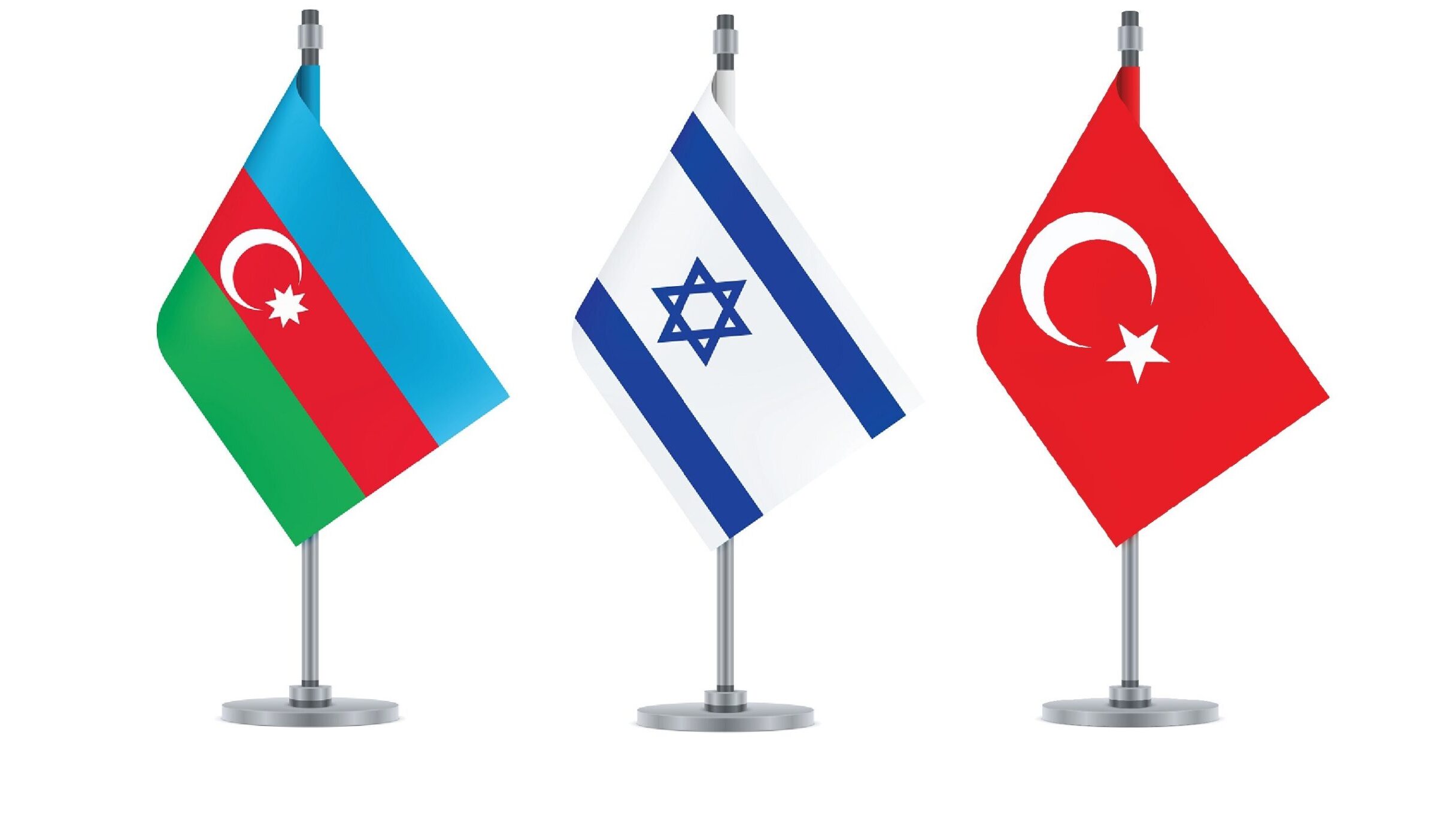Yes, Embrace Turkey, but With Eyes Wide Open
Maariv, Israel, September 29
The recent Netanyahu-Erdoğan summit, which convened on the sidelines of the UN General Assembly, signifies a significant shift in Israel-Turkey relations. These two leaders, who had often clashed in the past, now not only shared a room with smiles for the cameras but also pledged increased cooperation in the energy sector. Considering the frequency of bilateral crises over the past decade, this meeting is indeed a breakthrough, and it may not be the last of its kind. It’s important to acknowledge that this reconciliation did not happen overnight. Formal normalization began when Israel’s President Isaac Herzog visited President Erdoğan in Ankara last year. While the visit was symbolically important, it served as the opening of a high-level communication channel between the two countries. Subsequently, trust-building measures were taken by both governments. Cooperation in intelligence against Iran’s Islamic Revolutionary Guard Corps on Turkish soil began, government ministers made public bilateral visits, and Israeli humanitarian aid and successful rescue missions during a Turkish earthquake disaster further improved relations. However, there were challenges to this fragile normalization process, including the religious tensions surrounding the Temple Mount and an operation in Gaza. In contrast to the past, President Erdoğan chose not to escalate these issues and refrained from damaging relations with Israel. His more conciliatory approach signaled a commitment to genuine normalization. In addition to these bilateral dynamics, regional events also played a role in bringing Jerusalem and Ankara closer. The success and expansion of the Abraham Accords strengthened Israel’s position and highlighted Turkey’s isolation in the Middle East due to its confrontational foreign policy. This led Turkey to rethink its approach, resulting in a restoration of relations with Israel and a broader normalization across the region. The Second Nagorno-Karabakh War in 2020 further influenced Israel-Turkey relations. During the conflict, both countries supported Azerbaijan against Armenia. While Turkey’s support was rooted in cultural and ethnic ties, Israel’s stemmed from immediate interests. Armenia’s alignment with Iran and Russia diminished its contribution to Israeli interests, while Azerbaijan’s secular government faced threats from Iran, aligning its strategic concerns with Israel’s. Additionally, Azerbaijan’s role as an energy supplier and major customer of Israeli military technology solidified its partnership with Jerusalem. It’s no secret that Azerbaijan’s victory over Armenia was aided by Israeli and Turkish military technology. Azerbaijan now seeks to strengthen ties between Israel and Turkey, viewing it as a national interest. A senior adviser to the Azerbaijani president even proposed the establishment of a tripartite alliance between Israel, Turkey, and Azerbaijan. Considering these factors, Israel should leverage its diplomatic power in the Middle East and the Caucasus to create a strategic partnership with Turkey while remaining cautious and aware of its own interests. The alignment of stars in the region presents an opportunity for both countries to pursue mutually beneficial cooperation. —Hay Eytan Cohen Yanarocak (translated by Asaf Zilberfarb)

